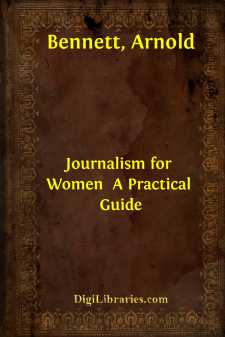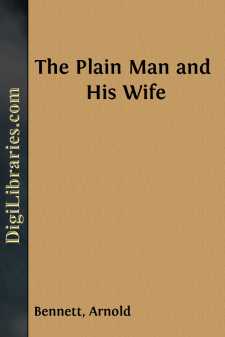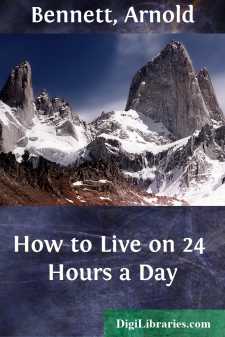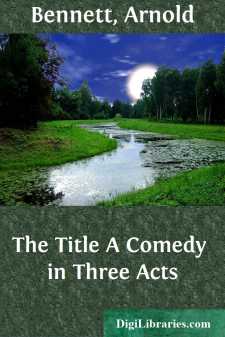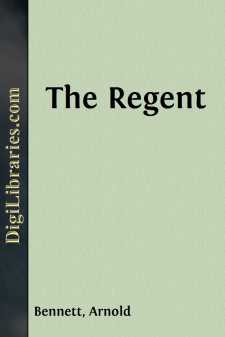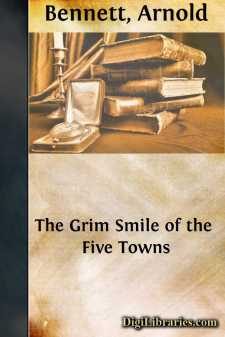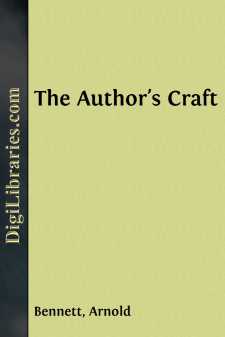Categories
- Antiques & Collectibles 13
- Architecture 36
- Art 48
- Bibles 22
- Biography & Autobiography 815
- Body, Mind & Spirit 144
- Business & Economics 28
- Children's Books 18
- Children's Fiction 14
- Computers 4
- Cooking 94
- Crafts & Hobbies 4
- Drama 346
- Education 58
- Family & Relationships 59
- Fiction 11829
- Games 19
- Gardening 17
- Health & Fitness 34
- History 1378
- House & Home 1
- Humor 147
- Juvenile Fiction 1873
- Juvenile Nonfiction 202
- Language Arts & Disciplines 89
- Law 16
- Literary Collections 686
- Literary Criticism 179
- Mathematics 13
- Medical 41
- Music 40
- Nature 179
- Non-Classifiable 1768
- Performing Arts 7
- Periodicals 1453
- Philosophy 65
- Photography 2
- Poetry 896
- Political Science 203
- Psychology 44
- Reference 154
- Religion 515
- Science 126
- Self-Help 85
- Social Science 82
- Sports & Recreation 34
- Study Aids 3
- Technology & Engineering 59
- Transportation 23
- Travel 463
- True Crime 29
Our website is made possible by displaying online advertisements to our visitors.
Please consider supporting us by disabling your ad blocker.
Journalism for Women A Practical Guide
by: Arnold Bennett
Description:
Excerpt
The Secret Significance of Journalism
For the majority of people the earth is a dull planet.
It is only a Stevenson who can say: "I never remember being bored;" and one may fairly doubt whether even Stevenson uttered truth when he made that extraordinary statement. None of us escapes boredom entirely: some of us, indeed, are bored during the greater part of our lives. The fact is unpalatable, but it is a fact. Each thinks that his existence is surrounded and hemmed in by the Ordinary; that his vocations and pastimes are utterly commonplace; his friends prosaic; even his sorrows sordid. We are (a few will say) colour blind to the rainbow tints of life, and we see everything grey, or perhaps blue. We feel instinctively that if there is such a thing as romance, it contrives to exhibit itself just where we are not. Often we go in search of it (as a man will follow a fire-engine) to the Continent, to the Soudan, to the East End, to the Divorce Court; but the chances are a hundred to one against our finding it. The reason of our failure lies in our firm though unacknowledged conviction that the events we have witnessed, the persons we have known, are ipso facto less romantic, less diverting, than certain other events which we happen not to have witnessed, certain other persons whom we happen not to have known. And such is indubitably the case; for romance, interest, dwell not in the thing seen, but in the eye of the beholder. And so the earth is a dull planet--for the majority.
Yet there are exceptions: the most numerous exceptions are lovers and journalists. A lover is one who deludes himself; a journalist is one who deludes himself and other people. The born journalist comes into the world with the fixed notion that nothing under the sun is uninteresting. He says: "I cannot pass along the street, or cut my finger, or marry, or catch a cold or a fish, or go to church, or perform any act whatever, without being impressed anew by the interestingness of mundane phenomena, and without experiencing a desire to share this impression with my fellow-creatures." His notions about the qualities of mundane phenomena, are, as the majority knows too well, a pathetic, gigantic fallacy, but to him they are real, and he is so possessed by them that he must continually be striving to impart them to the public at large. If he can compel the public, in spite of its instincts, to share his delusions even partially, even for an hour, then he has reached success and he is in the way to grow rich and happy.
* * * * *
We come to the secret significance of journalism:--
Life (says the public) is dull. But good newspapers are a report of life, and good newspapers are not dull.
Therefore, journalism is an art: it is the art of lending to people and events intrinsically dull an interest which does not properly belong to them.
This is a profound truth. If anyone doubts it, let him listen to a debate in the House of Commons, and compare the impressions of the evening with the impressions furnished by the parliamentary sketch in his daily paper the next morning....


